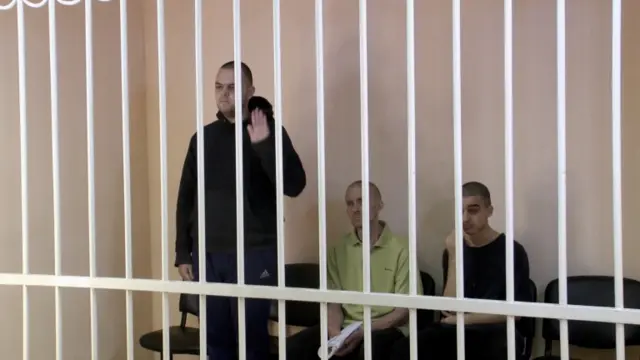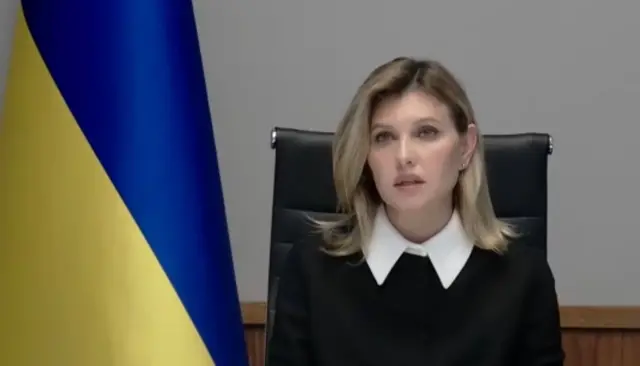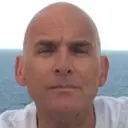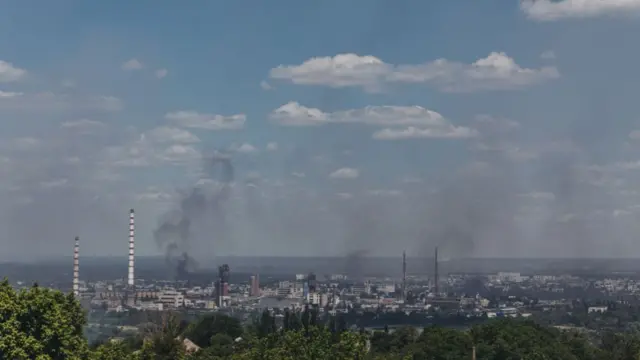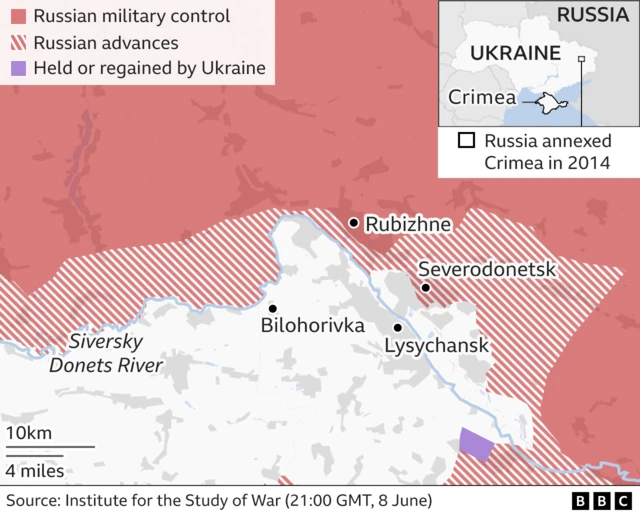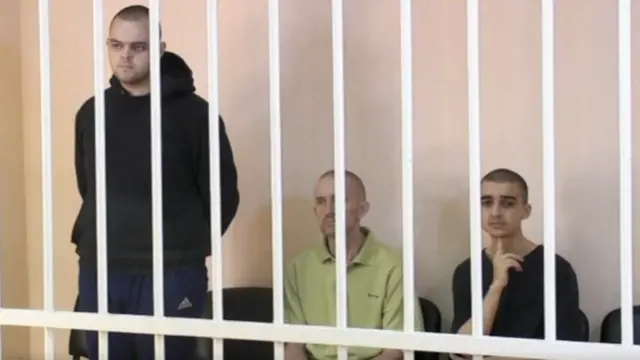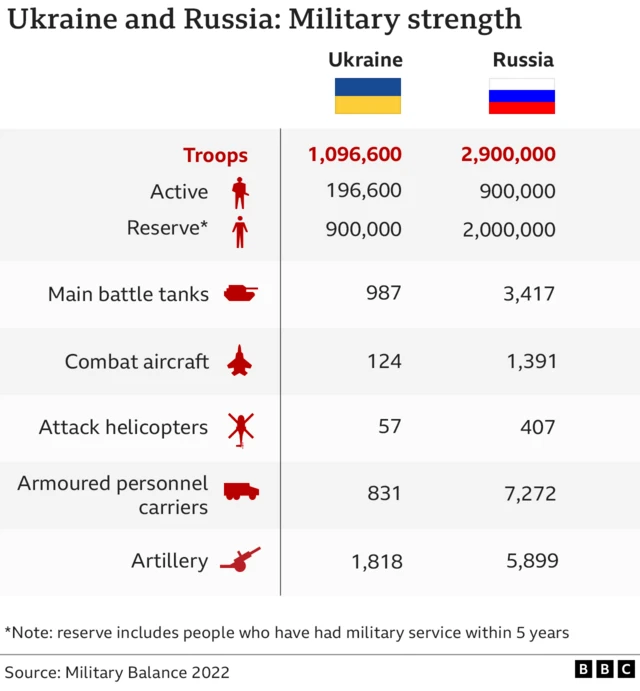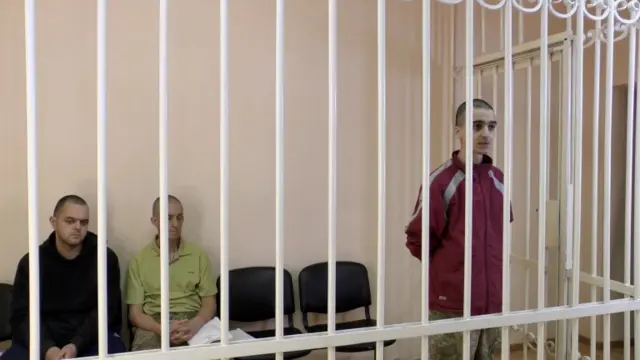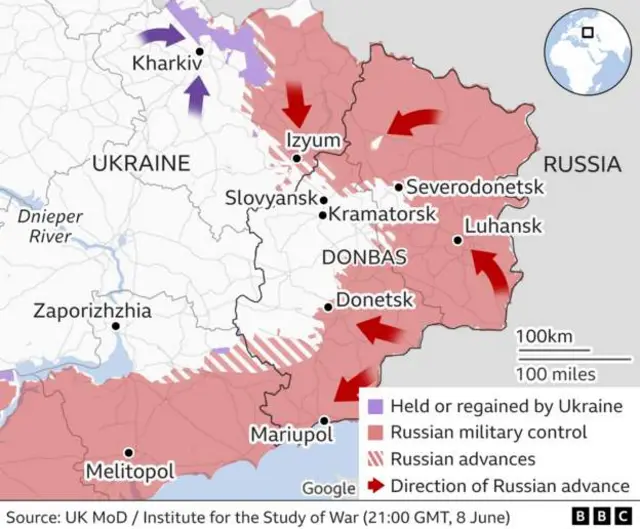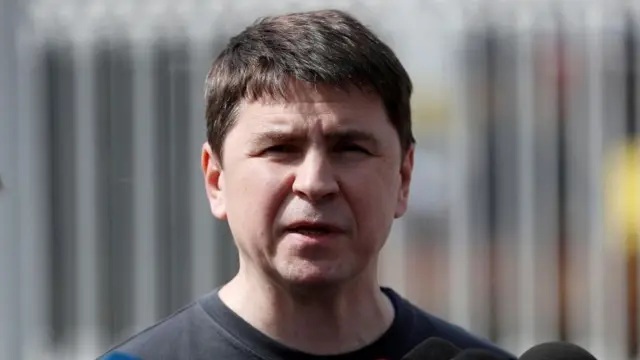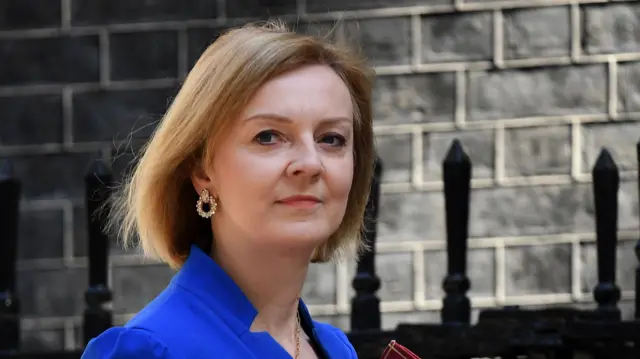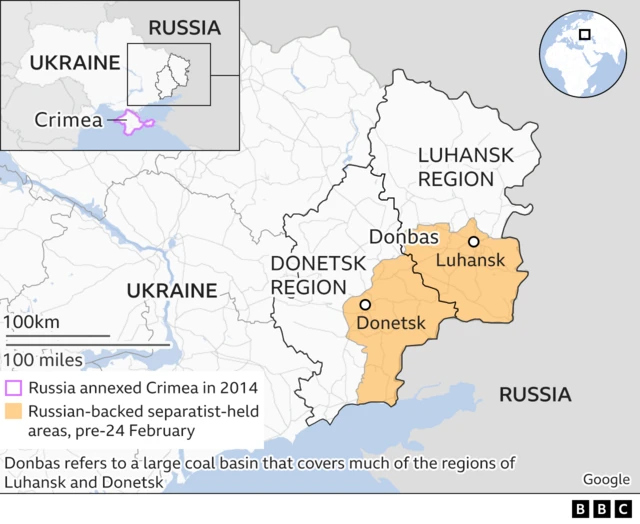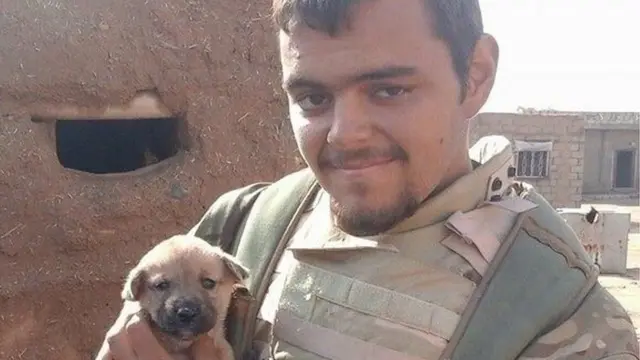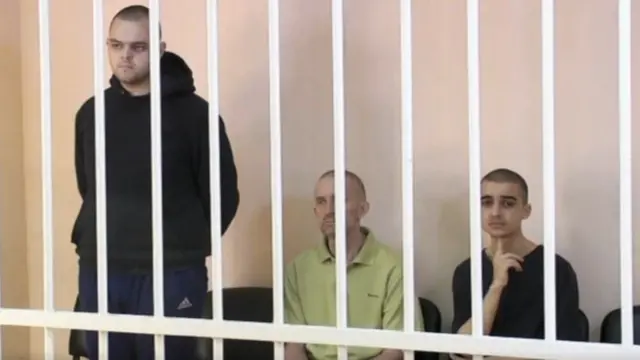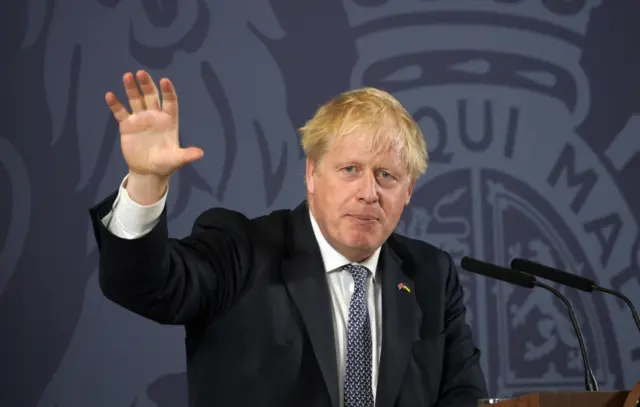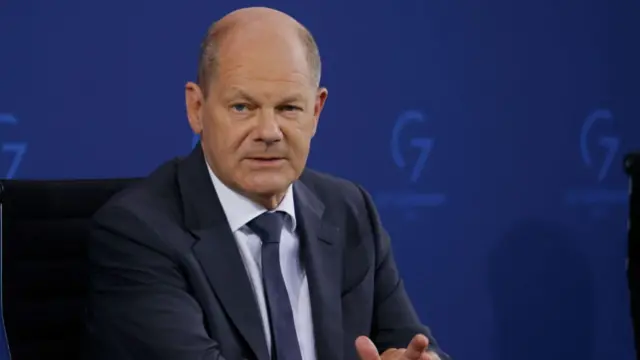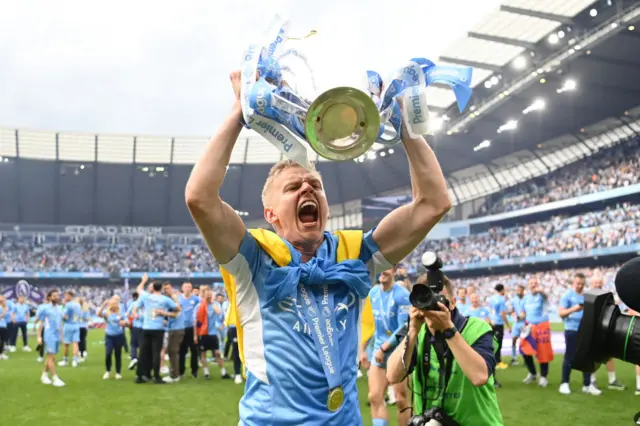What’s likely to happen to the sentenced men now?published at 20:15 BST 9 June 2022
 Joe Inwood
Joe Inwood
Reporting from Kyiv
In handing down the harshest possible sentence to the two Britons and a Moroccan captured while fighting for Ukraine, the judge of the unrecognised court of the “Donetsk People’s Republic” (DNR) was unequivocal. He saying it was the “principle of justice” which allowed him to make the “complex and difficult decision to apply an exceptional measure of punishment in the form of the death penalty".
But, things may not be as final as they initially appear.
For a start, there is the possibility of an appeal, according to the Russian state outlet RIA Novosti, which reported that they have a month to challenge the sentence and ask for clemency. If the head of the DNR shows leniency, “the death penalty can be changed to life imprisonment or 25 years in prison”.
How that appeal would work is very much an unknown at this point. This is an unrecognised court in a state with which the British government has no formal links.
It is possible, however, that there is something else taking place here.
Speaking on the BBC’s PM programme, the chair of the UK Parliament’s Foreign Affairs Select Committee, Tom Tugendhat, called it “a form of hostage-taking, a form of revenge...".
"The idea that this is being done by a separate breakaway republic is rubbish, this is being done by Vladimir Putin.”
The idea is that, whatever the DNR judge says, these three men are being used as pawns in a much bigger game, and that by threatening their lives their value as bargaining chips is significantly increased.
Before the trial, there had been talk of a prisoner swap, including for the detained pro-Kremlin politician Viktor Medvedchuk, a close friend of President Putin.
That thought may offer some crumb of comfort for the men and their families, but it is far from certain.

